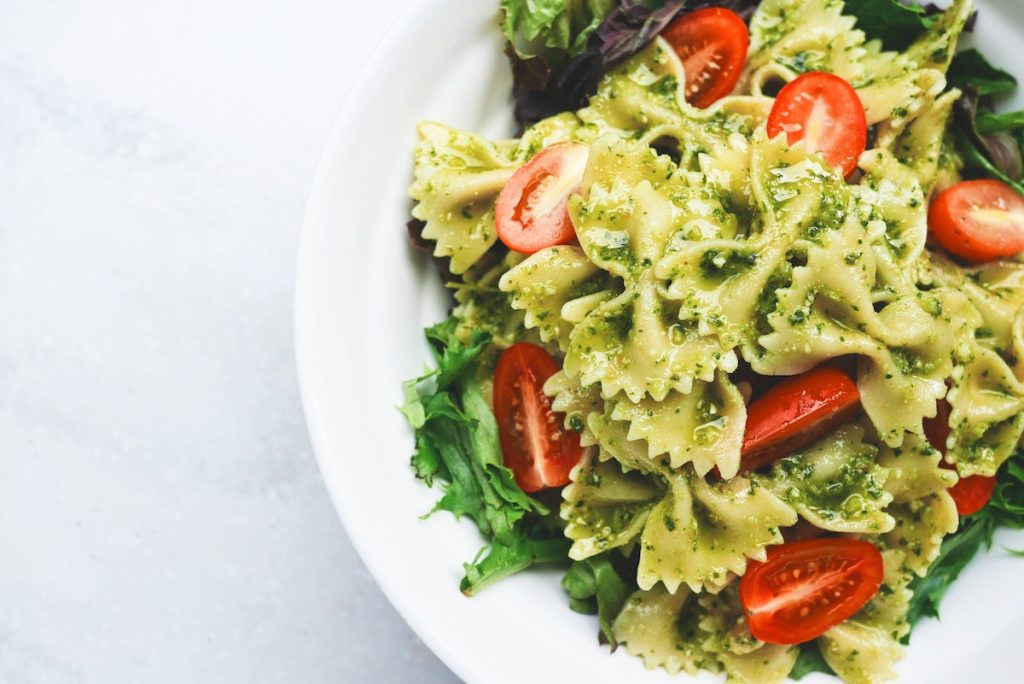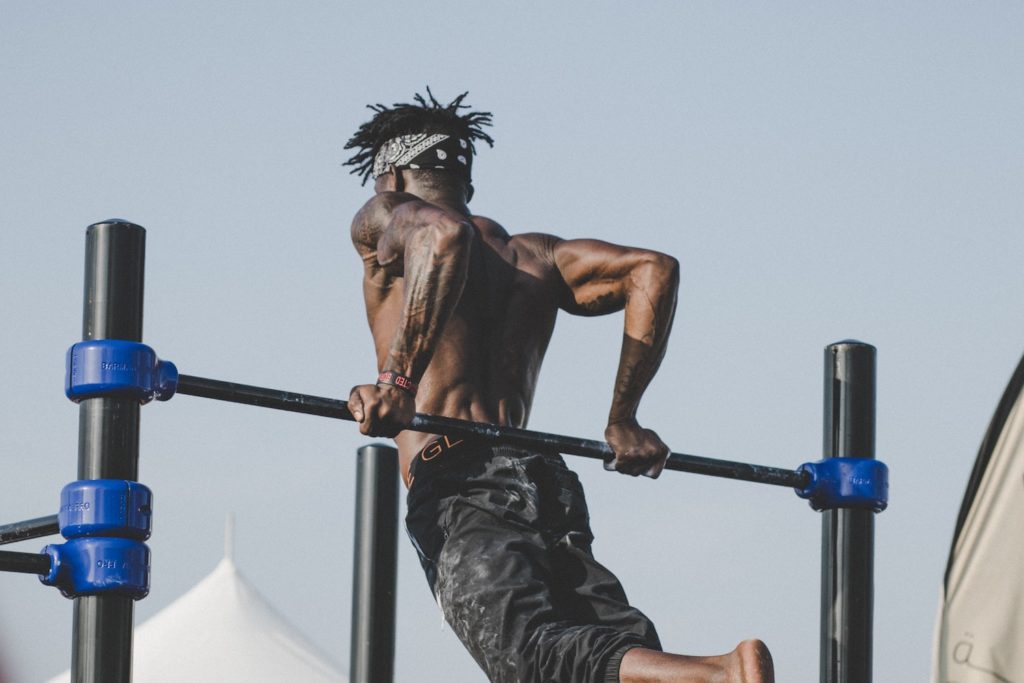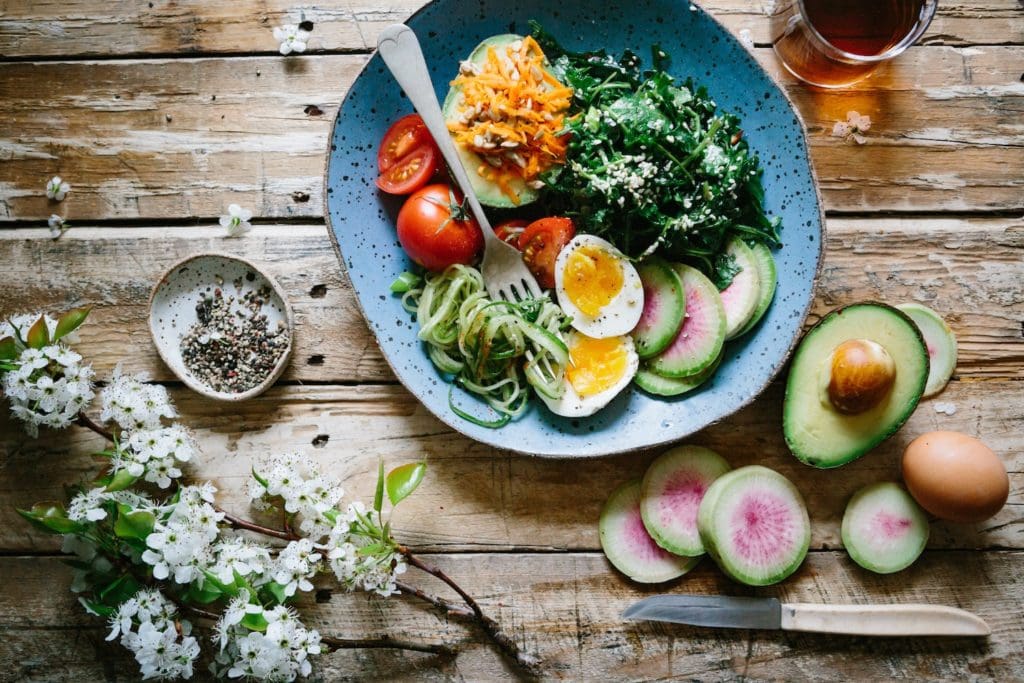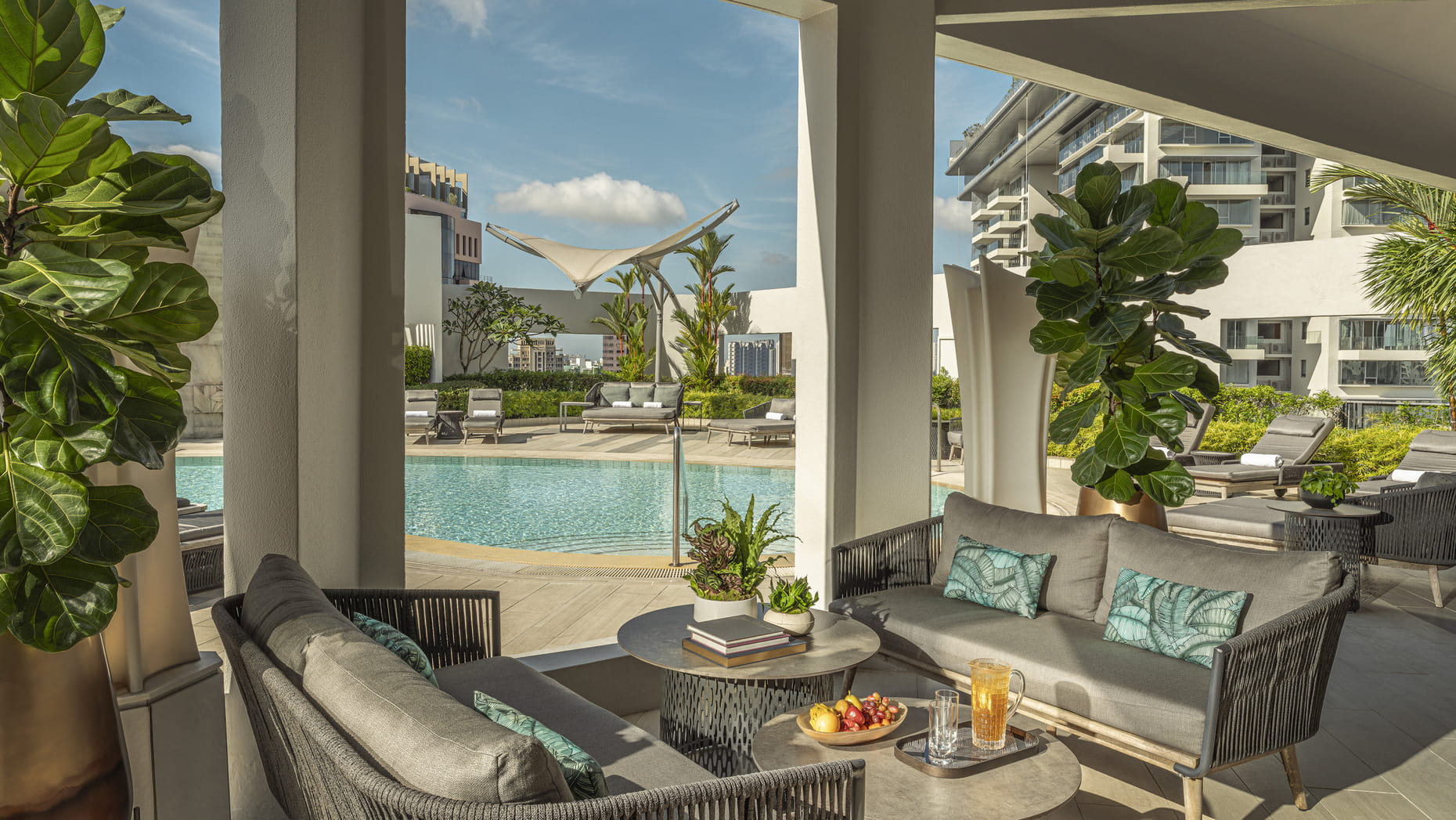Weight management is always a hot topic in the fitness world, whether it’s shedding fat or gaining muscle. However, in all the talk of gaining or losing pounds, people often forget the most important element of the conversation about weight: nutrition. Gaining or losing weight means nothing if the food you’re eating doesn’t nutritionally satisfy you. We talk to Sam Miller, head nutritionist at Pure Fitness, about how paying closer attention to nutrition can help you maximise the benefits from your workout, whatever your goals.

How much of the success of a personal training (PT) programme depends on nutrition vs. exercise? If the goal of a PT programme is weight loss (specifically, fat loss) then a client’s nutrition can make or break the programme. This is why some lifestyle trade-offs are inevitable if the client truly wants to make measurable progress, be it with inches off the waist or pounds on the barbell. Diet and exercise both bring inherent benefits to health and body composition: when the two are combined the results are far greater than when either is used in isolation.
How can a PT programme help with nutrition? Exercise and PT programmes come with their own inherent benefits, such as reducing risk for high blood pressure, type 2 diabetes, and a number of common cancers. Adding in a nutritional intervention brings in another host of health benefits such as a reduced risk of high cholesterol and colorectal cancer with a diet rich in fibre.
See also: 8 Luxury Nutrition Retreats For Food Fanatics
What’s the difference in how a PT programme approaches diet if the goal is muscle growth rather than weight loss? If the goal of the PT programme is muscle gain then a well-written programme will elicit the desired gains in strength and muscle growth, providing that protein and calories are sufficient to allow for the growth of muscle. In this sense, the diet doesn’t need to be so tightly controlled. As long as surplus calories are available and the training regime is sufficient to provide a progressive load for the muscle to grow, then the goal of muscle gain will occur irrespective of whether the diet is ‘healthy’ or not. Is it optimal? That’s a different question altogether, but it is possible nonetheless.

What kind of adjustments do you typically have to make to a client’s lifestyle? Firstly, I make sure that protein is sufficient in their diet to help with muscle growth and recovery from exercise. Secondly, I make sure they have sufficient carbohydrates around the training window so that they can perform to the best of their ability in the PT sessions. Thirdly, nutrition can also help with recovery from intense exercise in the form of the four R’s of Recovery: Repair, Refuel, Rehydrate, Rest. After a training session, we need protein to repair, carbs to refuel, water to rehydrate, and rest to optimise recovery from training.
What are some of the biggest changes that make the most impact? Certain diet alterations can make an immediate impact on a client’s PT programme such as increasing daily protein intake to support the growth of muscle and increase feelings of fullness between meals, choosing low glycaemic foods to help stabilise energy levels, and choosing low energy density foods, such as vegetables, to bulk out our meals.
See also: The Essential Guide To Sustainable Weight Loss
Carbs have a bad rep. Why are they so important for workouts? It’s so common these days for people to have a fear of carbs to the point where they are doing themselves out of progress in the gym for fear of gaining fat. This is an irrational fear, one that hasn’t been helped by the spread of misinformation on social media and the internet. When it comes to performance in the gym, carbs are king. If body composition is of primary concern then yes, it makes sense not to overload yourself with loads of excess calories from carbs with every meal. It does make sense, however, to place the bulk of your carbs around the training window to ensure they are being put to good use in the training sessions.

A lot of people think if you’re working out a lot, does that mean you can eat what you want: is that true? The phrase ‘you cannot outrun a bad diet’ is common in the health and fitness industry. This is an overly simplistic take on the matter as evidence shows that you can out-exercise/out-work poor nutritional choices, however, most people do not because they simply cannot expend enough energy through time spent in the gym to do so. It is also not a healthy way to view exercise as simply a way of shedding excess calories consumed on the weekend. This leads to a binge-restrict-binge (or yo-yo) mentality to dieting, which is a really negative habit to get in to.
Aside from nutrition, what other lifestyle changes might a PT programme make adjustments to? We ensure that the client is getting enough high quality sleep in their lives. Sleeping less than six hours per night is correlated with obesity, heart disease, and diabetes. In an environment such as Hong Kong where long working days are expected, I see clients that don’t get to bed before 1am and then are up again before 8am to do it all again. Add into this high-stress environment an intense training regime, and it becomes all the more important to start to take your sleep quality all the more seriously. Lack of sleep can lead to impaired recovery from exercise and less than optimal progress, which is why it is in my top three areas to improve with new clients.
Learn more about personal training programmes with Pure: pure-fitness.com
Contact bookings@compareretreats.com to book your luxury wellness retreat



